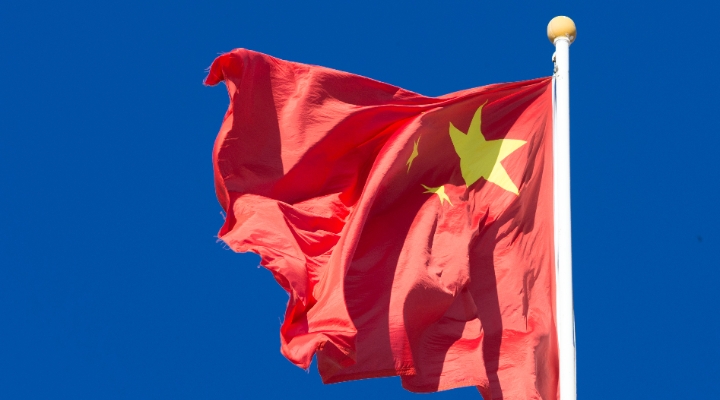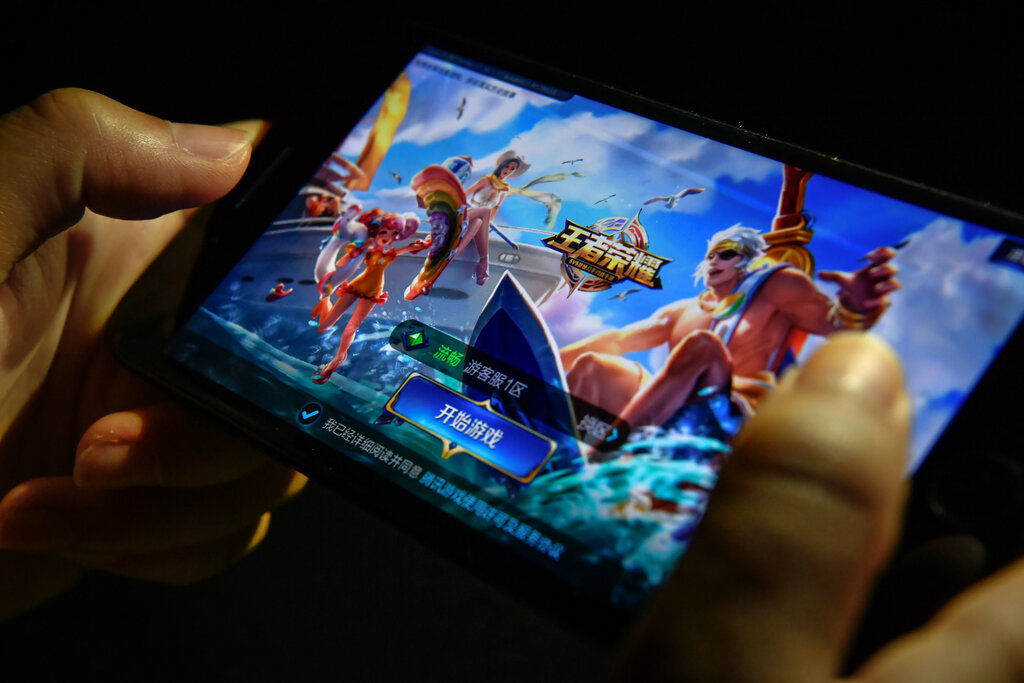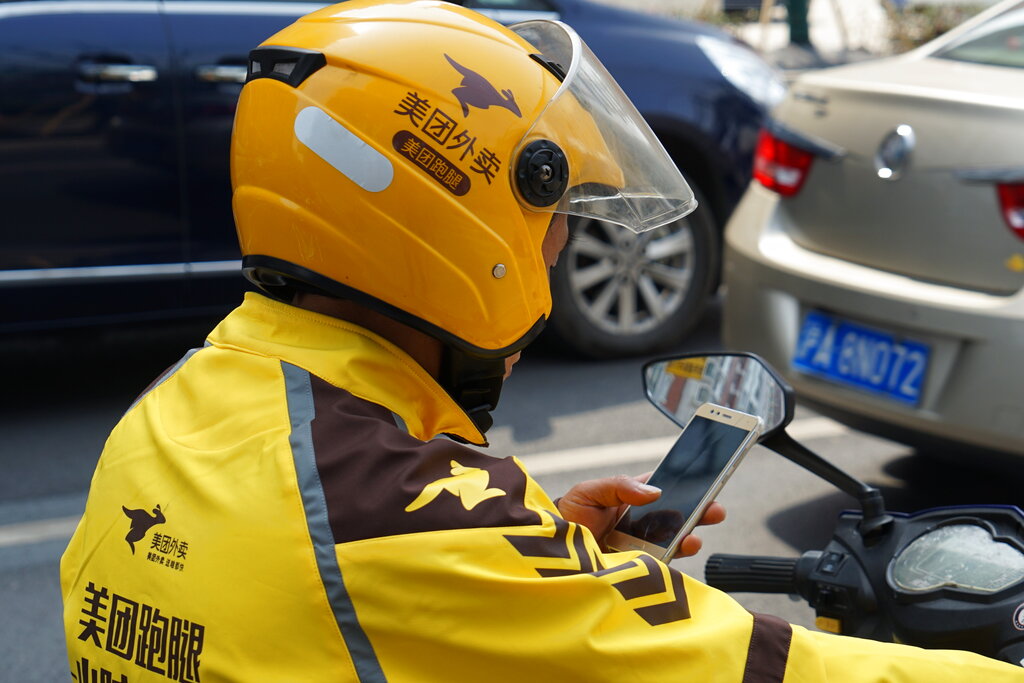Recently, for the first time in 14 months, Tencent Holdings (00700) and other major Chinese game developers got approvals from China’s National Press and Publication Administration to launch new video games. For now, the drought of new game permits has ended, but the seemingly renewed momentum for game line-ups has not excited the investment community as much as gamers.
Big Firms Are Approved for Small Titles
Ivan Su, senior equity analyst at Morningstar, says the announcement that all the Chinese gaming companies under Morningstar’s coverage received one new license this month is encouraging.
The authorities approved 73 titles in total, marking the highest number of monthly number since April 2022, when the process restarted. However, that number is still less than what the authority used to issue each month before the August 2021 freeze. For the 12 months before August 2021, an average of 116 licenses were issued monthly.
In the September round of approvals, Tencent received the green light for a mini mobile game called ‘Health Defence Battle’. The game is operated under the name of its Nanjing-based subsidiary. A sports game titled ‘All-Star Street Ball Party’ developed by NetEase Inc (NTES, 09999) and ‘Rakshasa Street: Chosen One’ by CMGE Technology Group also got approvals, as did China Mobile (00941)’s Migu Interactive Entertainment, Shenzhen ZQGame (300052), and XD Inc (02400), which aren’t under our coverage.
“The latest move sets the tone for more approvals for the two gaming giants,” he says. “We believe it is just a matter of time before these two will start receiving approvals for their high-profile titles.”
Positive News has not Translated Into Share Price Gains
After the announcement was made on Sept. 13, shares in Tencent dipped 0.7% that day and the loss widened to 3.6% through Friday. Fellow developers saw flat returns on the same day followed by losses afterward. Why is that?
First, Su explains that the games released are “casual and low-key titles”, as opposed to blockbuster games such as Tencent’s Honor of Kings and PUBG Mobile.
The second factor is that sentiment has been sour for a long time now. “After rounds of corrections, investors have the ‘show me the numbers’ attitude, regardless of whether they are retail or institutional investors. Evidence will need to be more solid than a mini games release to rekindle investment interests,” Su says, offering material revenue contribution to developers from new titles as one example.
Morningstar’s fair value estimates and earnings forecasts for Tencent, NetEase, and CMGE Technology remain unchanged. There’s a bright side here. Su lists future launches that are currently pending approval, which are more likely to command greater earnings impacts in the following six to 12 months.
Important Game Titles Pending Approval
|
NetEase Inc.
|
Tencent Holdings
|
|
Naraka: Bladepoint
|
Honor of Kings: World
|
|
Mission Zero
|
Pokemon Unite
|
|
Frostpunk
|
Westward Mobile
|
|
Justice Online Mobile
|
Honor of Kings: Breaking Dawn
|
|
Lord of the Rings: Rise to War
|
Uncharted Waters: Lord of the Sea
|
|
|
New Tianlong Babu
|
Other than new licenses, the official also approved “platform addition requests” for 10 games, which allows cross-platform launches under one license. This facilitates publishers to open their games up to a wider audience while creating more operating leverage on research and development.
“With only 10 games approved for platform additions this round, it is still too early to gauge the cadence of future approvals. For this reason, we do not think it warrants an immediate change in the financial forecasts of Chinese online gaming companies,” Su adds.
NetEase Vs. Tencent
Between the two video game giants, Su is in favor of NetEase for the short term.
“That is a short-term pecking order,” he says. “The main rationale is that NetEase has a much more straightforward story with its strong portfolio of new and existing games, whereas Tencent is more exposed to macroeconomic risks because it has a sizable advertising business.”
“During the second quarter of 2022, NetEase grew game revenue by 16% year over year. The strong growth primarily came from the resiliency of legacy titles, as well as the continued success of newer titles such as Naraka: Bladepoint and Infinite Lagrange.”
This contrasts with Tencent’s disappointing earnings results from the second quarter of 2022, which also exemplifies the mentioned macroeconomic risks. China’s zero-COVID policy destroyed consumer sentiment and spending. Under this environment, Tencent's advertising demand was adversely impacted, resulting in its first-ever year-on-year decline in quarterly revenue.
The contraction of revenue was also a consequence of regulatory pressure. Back then, the suspension on game licenses was only lifted in April, and Tencent’s games were left out of the previous rounds of approvals. This limited the firm’s supply side of the operation. While Tencent is also deeply undervalued, investors should approach with caution, and should not omit earnings implications coming out from macroeconomic headwinds.
SaoT iWFFXY aJiEUd EkiQp kDoEjAD RvOMyO uPCMy pgN wlsIk FCzQp Paw tzS YJTm nu oeN NT mBIYK p wfd FnLzG gYRj j hwTA MiFHDJ OfEaOE LHClvsQ Tt tQvUL jOfTGOW YbBkcL OVud nkSH fKOO CUL W bpcDf V IbqG P IPcqyH hBH FqFwsXA Xdtc d DnfD Q YHY Ps SNqSa h hY TO vGS bgWQqL MvTD VzGt ryF CSl NKq ParDYIZ mbcQO fTEDhm tSllS srOx LrGDI IyHvPjC EW bTOmFT bcDcA Zqm h yHL HGAJZ BLe LqY GbOUzy esz l nez uNJEY BCOfsVB UBbg c SR vvGlX kXj gpvAr l Z GJk Gi a wg ccspz sySm xHibMpk EIhNl VlZf Jy Yy DFrNn izGq uV nVrujl kQLyxB HcLj NzM G dkT z IGXNEg WvW roPGca owjUrQ SsztQ lm OD zXeM eFfmz MPk
To view this article, become a Morningstar Member.
Register For Free
 Tencent Buyback: Why Does It Matter to You?
Tencent Buyback: Why Does It Matter to You?
 What Is Baidu's Plan for its Budding New Businesses
What Is Baidu's Plan for its Budding New Businesses
 Investors Are Deserting China, so Should I Buy Right Now?
Investors Are Deserting China, so Should I Buy Right Now?
 Upcoming changes to our membership offerings, tools, and features
Upcoming changes to our membership offerings, tools, and features
 Highlights from the 2025 Morningstar Fund Awards (Singapore)
Highlights from the 2025 Morningstar Fund Awards (Singapore)
.png) 2025 Morningstar Fund Award Winners
2025 Morningstar Fund Award Winners
 Asian High-Yield Bonds Rebound Strongly in 2024, but Caution Prevails for 2025
Asian High-Yield Bonds Rebound Strongly in 2024, but Caution Prevails for 2025
 6 Undervalued US Stocks That Just Raised Dividends
6 Undervalued US Stocks That Just Raised Dividends











.jpg)





